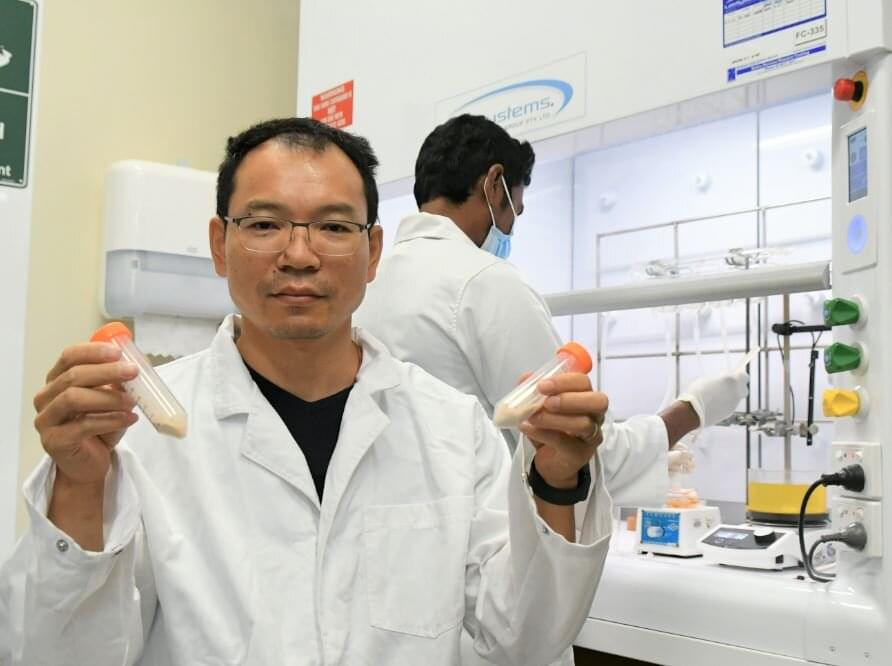Fully organic rechargeable household batteries are an ideal alternative to traditional metal-based batteries, in particular for reducing pollution to landfill and the environment.
Now researchers at Flinders University, with Australian and Chinese collaborators, are developing an all-organic polymer battery that can deliver a cell voltage of 2.8V—a big leap in improving the energy storage capability of organic batteries.
“While starting with small household batteries, we already know organic redox-active materials are typical electroactive alternatives due to their inherently safe, lightweight and structure-tunable features and, most importantly, their sustainable and environmentally friendly,” says senior lecturer in chemistry Dr. Zhongfan Jia, a research leader at Flinders University’s Institute for Nanoscale Science and Technology.
